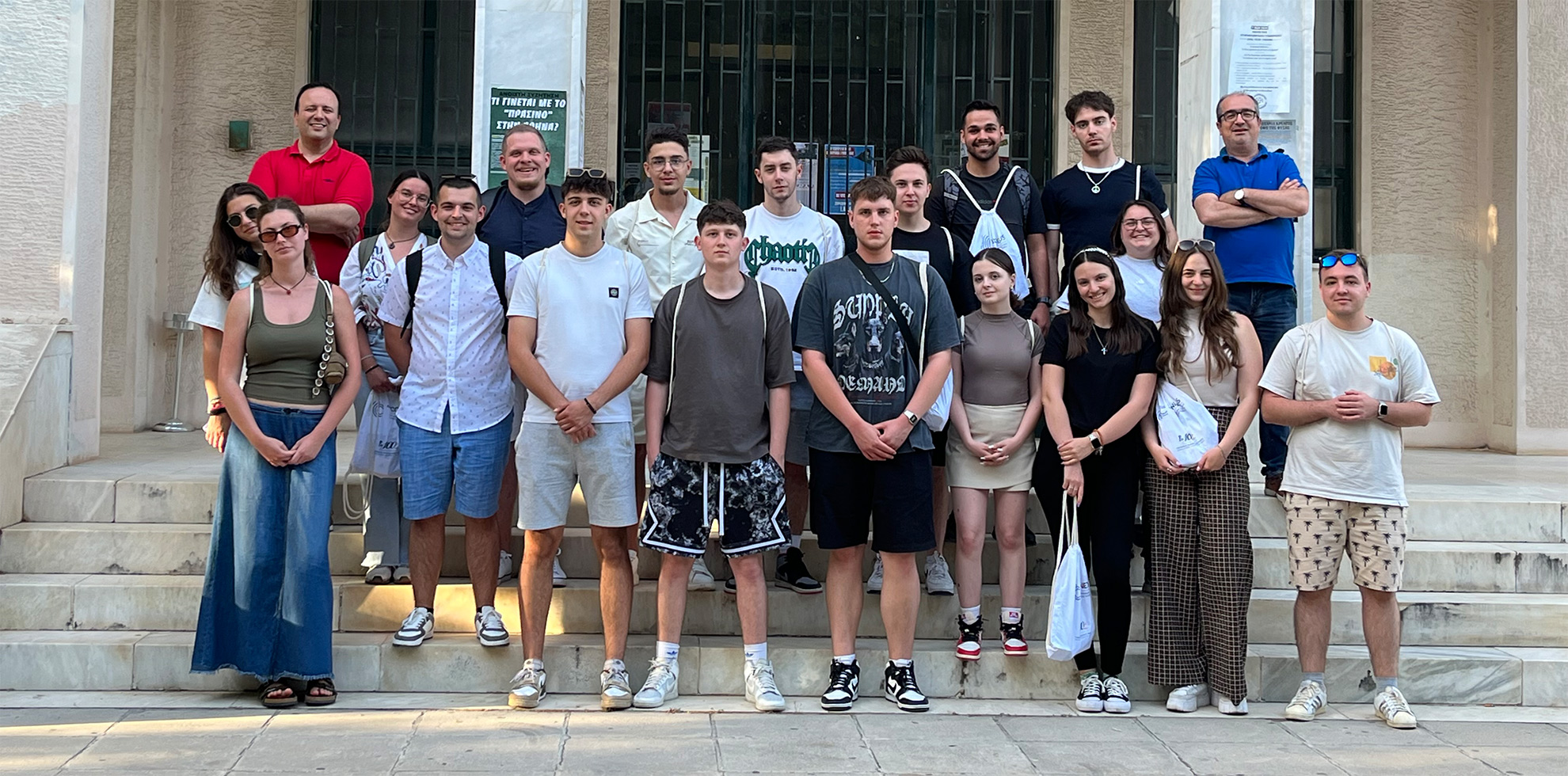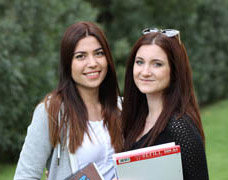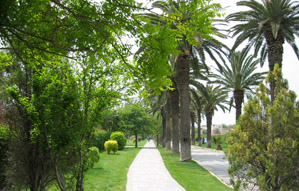Organization of a Blended Intensive Program (BIP) entitled: "Mediterranean aquaculture production and technology" by the Laboratory of Applied Hydrobiology, Department of Animal Science, Agricultural University of Athens

The Laboratory of Applied Hydrobiology of the Agricultural University of Athens (AUA) organized a Blended Intensive Program (BIP) entitled: "Mediterranean aquaculture production and technology", within the framework of the European Educational Program Erasmus+ KA131 2021-2027. The program was coordinated by AUA, under the supervision of Professor Eleni Miliou, Vice-Rector for European University, Internationalization and Student Affairs, and Assistant Professors Emmanouil Malandrakis and Arkadios Dimitroglou from the Department of Animal Science. Two additional higher education institutions from two different countries of the EU-CONEXUS European University Alliance Network for Smart Urban Coastal Sustainability also participated. The program was a collaboration between the Agricultural University of Athens, the University of Zadar in Croatia, and the Technical University of Civil Engineering of Bucharest in Romania.
This short-term intensive program utilized innovative learning and teaching methods, including online collaboration. It was implemented with the participation of 18 undergraduate students from two foreign countries and was carried out in two parts: a mandatory virtual (on-line) activity and a physical mobility component. During the first week of the program, from May 5th to 9th, 2025, the virtual activity took place, where students attended lectures on aquaculture in fish cages, fish pathology, microalgae production and socioeconomics. For the physical mobility activities, the participating students traveled to Athens from May 19th to 23th, 2025. They visited the facilities of the Laboratory of Applied Hydrobiology at the Department of Animal Science AUA for hands-on training in the use of Artemia in aquaculture. The students visited a fish hatchery, a fish farm, a fish packaging and processing plant, and the fish feed production plant of AVRAMAR S.A., where they observed all stages of the production process. During their visit, the students were given the opportunity to tour the company's facilities under the guidance of experienced personnel and were comprehensively briefed on its operations. This visit underscores AUAs sustained commitment to enhancing its collaborative relationships with key productive entities across diverse sectors. After the program's conclusion, a guided tour of the Acropolis and the Acropolis Museum was arranged for the students. The program's execution was supported by the support of the AUA European Programs Office.
The Program's objective was to underscore the significance of mutual extroversion to stimulate mobility within the Erasmus program and to equip participants with a comprehensive understanding and requisite proficiencies in the domain of aquaculture.


